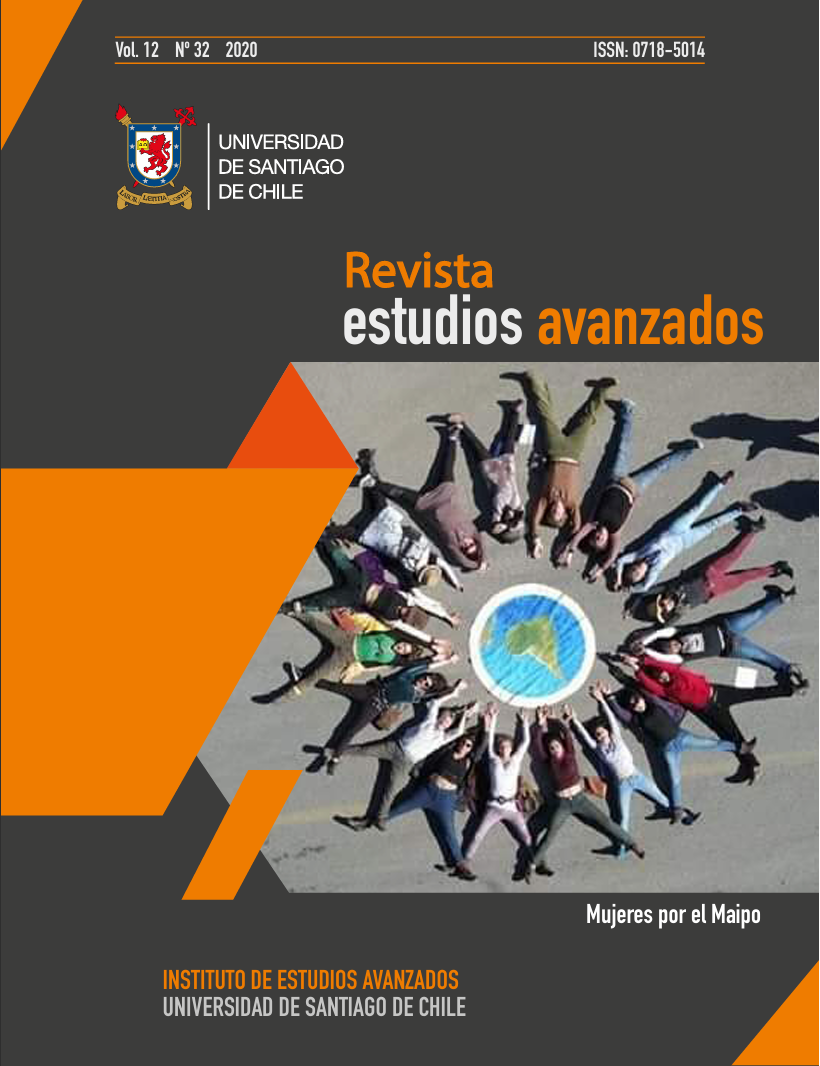Becoming-Witch. The Affect of a Herd
DOI:
https://doi.org/10.35588/rea.v1i32.4534Keywords:
becoming, witch, witche's Sabbath, body, violence, MacbethAbstract
This article explores the women's gathering known as the Sabbath in the context of the Scottish Witch Hunt (1563-1736), through William Shakespeare's play The Tragedy of Macbeth (1606). It proposes a political articulation of the figure of the woman/witch and reveals her impact on the historical time of men who seek power through war. Based on the notion of "becoming," proposed by Deleuze and Guattari, it is possible to propose a becoming-witch, resistant to the construction of women as "others"; at the same time, it reveals an affect that incorporates the "malevolent" character as the agency of power of the pack of women. By reclaiming the coven as "cahuín," according to Menard's interpretation of Mapuche society, the bonds between the women/witches during the gathering enable the production of a memory of revenge, driven by the spectral bodies of the women burned at the stake. The women persecuted during the Scottish hunt, by becoming witches, propagate a mystery steeped in sexuality that finds its counterpart in the ministry that legalizes the practice of violence against their bodies.
Downloads
References
Bruno, G. (2007). De la magia. De los vínculos en general. Buenos Aires, Cactus.
Deleuze, G. y Guattari, F. (2004). “1730 — DEVENIR-INTENSO, DEVENIR-ANIMAL, DEVENIR-IMPERCEPTIBLE...”. En Mil Mesetas. Capitalismo y esquizofrenia. Valencia, Pre-Textos.
Firpo, Luigi. (1993). Il processo di Giordano Bruno. Roma, Salerno.
Ginzburg, C. (2004). Ectasies: Deciphering the Witches’ Sabbath. Chicago, The University of Chicago Press Books.
Goodare, J. (ed.). (2013). Scottish Witches and Witch-Hunters. Hampshire, Palgrave Macmillan.
Greig, D. (2010). Dunsinane. Londres, Faber and Faber Limited.
Hartley, A.J. (2005). The Shakespearean Dramaturg. A Theoretical and Practical Guide. Hampshire, Palgrave Macmillan.
Hutton, R. (1996). The Stations of the Sun. A History of the Ritual Year in Britain. Nueva York, Oxford University Press.
Linconao, F. (2016). “Carta de la Machi Francisca Linconao a Presidenta Bechelet”. Mapuexpress, 06/04/2016. En https://www.mapuexpress.org/2016/04/06/carta-de-la-machi-francisca-linconao-a-presidenta-bachelet/ (consultado el 03/01/2019).
Menard, A. (2014). “Espectros del Cahuín”. Revista Pléyade 13(enero-junio): 7-22.
Normand, L. y Roberts, G. (2000). Witchcraft in Early Modern Scotland. James VI’s Demonology and the North Berwick Witches. Exeter, University of Exeter Press. DOI https://doi.org/10.5949/liverpool/9780859896801.001.0001
Ruiz, R. (2000). Poética del cine. Santiago de Chile, Sudamericana Chilena. En http://www.memoriachilena.gob.cl/602/w3-article-9339.html (consultado el 03/01/2019).
Shakespeare, W. (1975). “Macbeth”. En The Complete Works of William Shakespeare. Nueva York, Gramercy Books.
Viveiros de Castro, E. (2018). La inconstancia del alma salvaje. Los Polvorines, Universidad Nacional de General Sarmiento.











